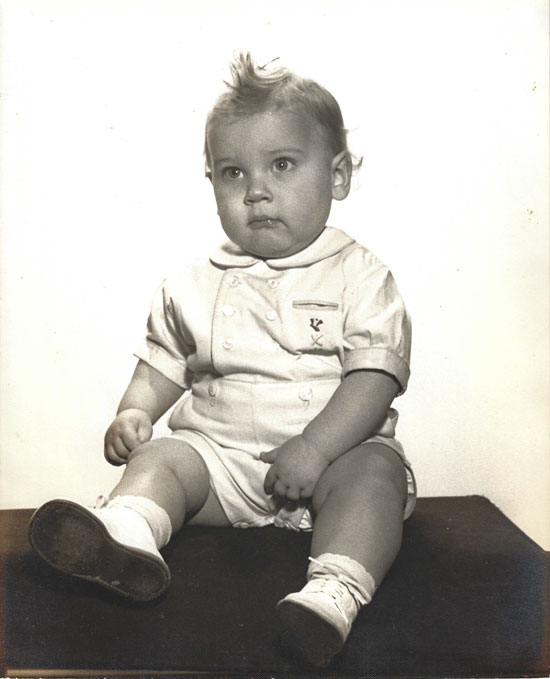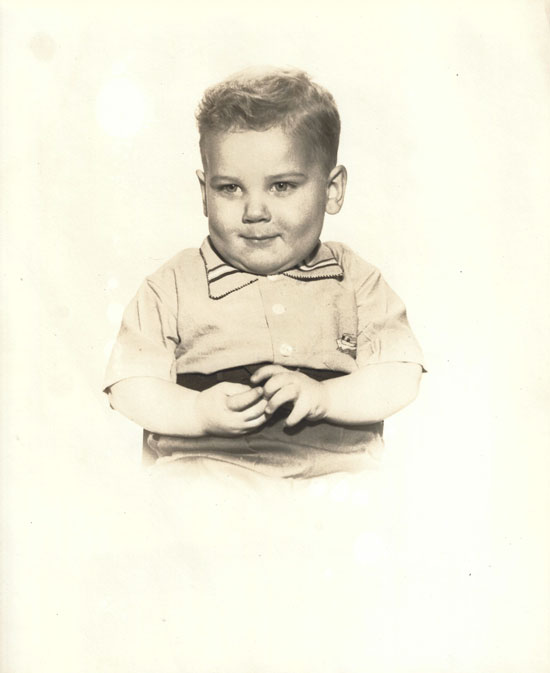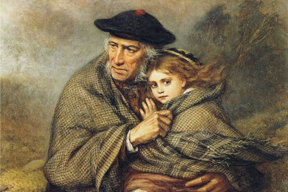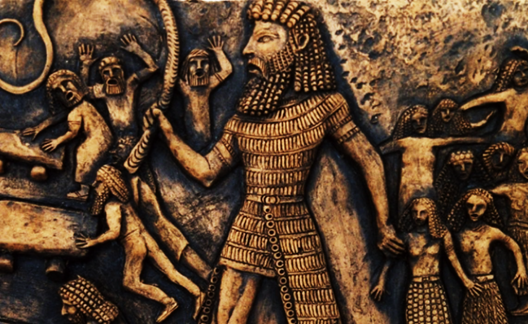For a Photo of PaPa Al
While I’m not an 81-year-old techie, I use WhatsApp to video chat with my Southeast Asian family. The other day, I was chatting with my granddaughter, Ti Ti. We went on and on discussing a litany of items.
Suddenly, Ti Ti said that she wanted to ask me a question. That statement rattled me. Why did she want approval from me to ask me a question? I readied myself for her inquiry. Ti Ti began by repeating something I often tell her about myself. To be funny, I’ll flippantly say, “I am a young 81-year-old debonair, intelligent, suave, cute, and charming guy.” I thought, I’m all those things, but so what?
Finally, Ti Ti got to her request: she wanted a photo of me when I was younger. I responded by asking, “Was that all you wanted?” Ti Ti didn’t want anything else, just a copy of some photo of me when I was a younger version of a debonair, intelligent, suave, cute, and charming guy.
I assured Ti Ti I’d find a photo of a younger version of me. She seemed content with my promise, and we continued the rest of our 51-minute video chat. After our lengthy discussion, I sat in front of my computer, pondering which photo I should email Ti Ti. I decided to look through my photo albums to find the best. I found two photos and couldn’t decide which to email her. So, I chose both photos. I call the first one Pensive PaPa Al.

Ti Ti asked for one photo, and I am providing two. I will also go the extra mile for my granddaughter. I am also supplying the names of the photos and an explanation regarding the name of each. That may seem like an idiosyncrasy, but I wanted Ti Ti to understand that I was like the Ancient Greek Stoic philosopher Epictetus, who lived in the first century. Epictetus’ mindset was that we can’t control the forces in the world in which we live. He taught his followers to accept things without getting all rattled by them. However, Epictetus also wrote that each of us is to live lives of self-discipline, and we are responsible for the actions that we take in our lives.
There is a type of philosophical tension in Epictetus and Stoicism. That tension is counterintuitive. Don’t get bent out of shape in life, but, at the same time, live responsible lives helping others as they make choices in their lives. For Epictetus, it is a balancing act of assisting people to understand life without telling them what to do in life.
My second choice is a photo entitled Happy PaPa Al.

This photo is about how I saw my life eight decades ago and still do. It is tied to the first photo in that it accepts the world in which we live with all its problems. Nonetheless, we can decide how we will respond to our world. We can complain, or we can be happy. Dissing life and people all the time has no benefit; it merely adds to one’s unhappiness.
So, I want Ti Ti to be happy on her journey down the yellow brick road of her life. I thought I’d add a song to the Happy PaPa Al photo.
I’m sure that Ti Ti will enjoy this essay. She will thank me for all my efforts and then tentatively say she would like more photos. She knows I will jump at providing more vintage photos of her PaPa Al. Those future articles will help Ti Ti and the rest of my readers as we all journey down our yellow brick roads by being pensive and happy.
Remember this. Someday, we won’t be around. We are not immortal. Having danced with death, I know that reality. Photos are ways to help our loved ones remember us.














